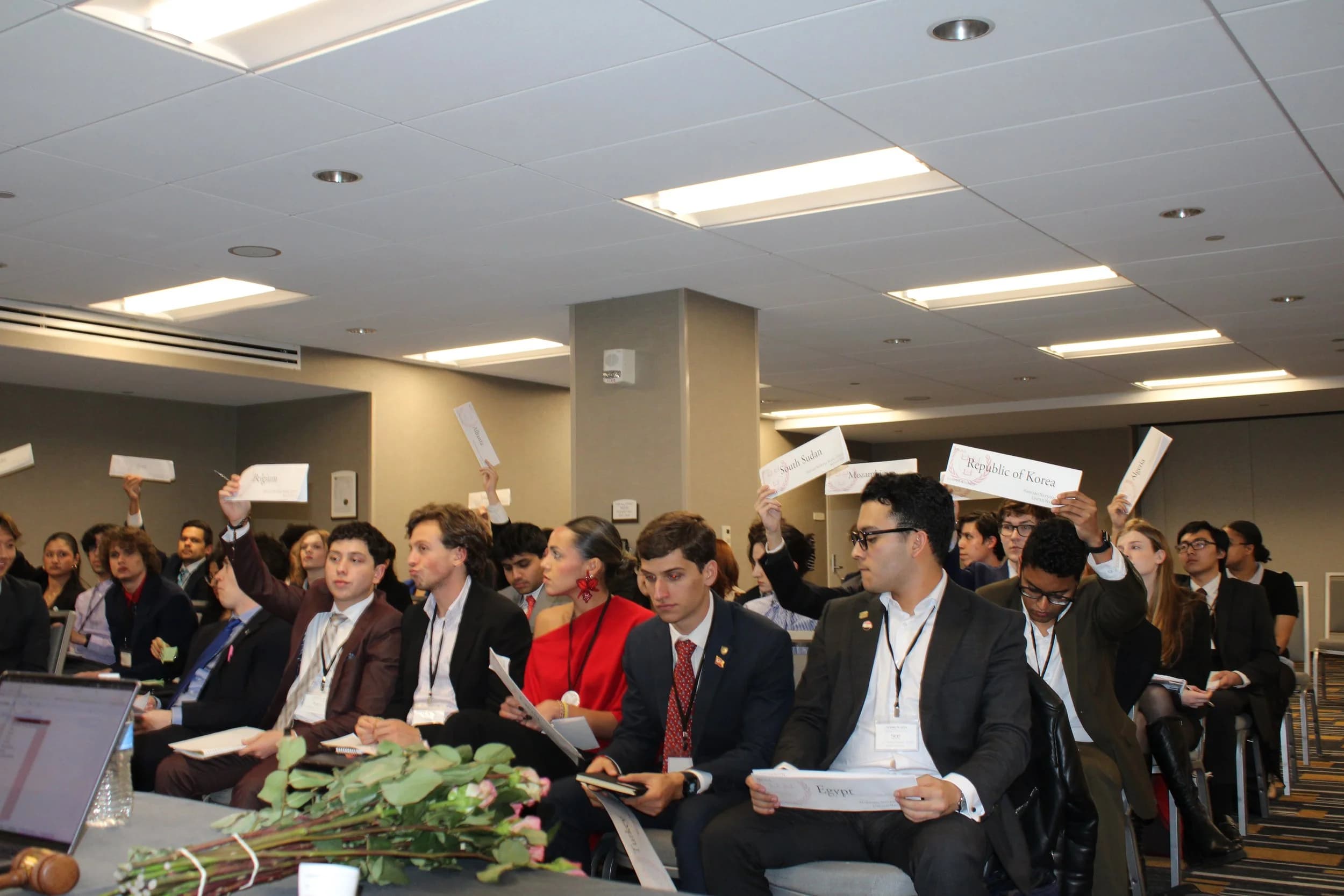
Our Committees
Showing 12 of 12 committees
Principal Organs
The Principal Organs of the United Nations form the core of its governance and decision-making framework. These organs are responsible for maintaining international peace and security, promoting cooperation among member states, and addressing critical global challenges. They provide the overarching structure within which specialized and subsidiary bodies operate.
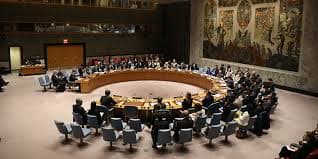
UNSC (United Nations Security Council)
The United Nations Security Council is the principal organ charged with maintaining international peace and security. It addresses a spectrum of global threats, including interstate conflict, nuclear proliferation, terrorism, and humanitarian crises. Through its deliberations and resolution-making, the council directs international responses, upholds global stability, and sets precedents in the enforcement of international law.
General Assembly
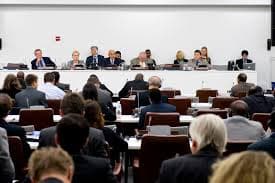
Disarmament and International Security Committee (DISEC)
DISEC, the first committee of the United Nations General Assembly, serves as the primary forum for addressing global disarmament and security challenges. It tackles issues ranging from nuclear weapons and cyber warfare to bio-weapons and the militarization of space. The committee's mandate is to establish principles, recommend policies, and promote cooperative actions that enhance international peace and security.
Specialized
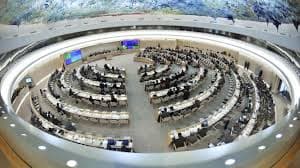
United Nations Human Rights Council (UNHRC)
The United Nations Human Rights Council, an intergovernmental body reporting to the General Assembly, serves as the foremost platform for promoting and protecting human rights globally. It examines contemporary challenges, assesses mechanisms of accountability, and evaluates state compliance with international standards. The council works to uphold human dignity and strengthen the principles that guide the international community.
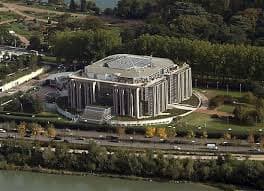
International Criminal Police Organization
INTERPOL is the world's largest international police organization, facilitating cross-border police cooperation and supporting organizations, authorities, and services whose mission is to prevent or combat international crime. The organization enables police around the world to work together to make the world a safer place. INTERPOL focuses on combating terrorism, cybercrime, organized crime, and other transnational threats through information sharing and operational support.
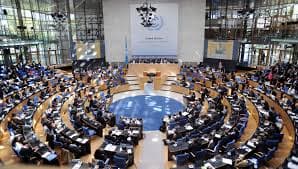
United Nations Framework Convention on Climate Change
The UNFCCC is an international environmental treaty that provides a framework for negotiating specific international treaties and protocols aimed at stabilizing greenhouse gas concentrations in the atmosphere. The Convention brings together nations to address climate change through international cooperation, setting the stage for agreements like the Paris Agreement and Kyoto Protocol. It promotes climate action, adaptation strategies, and sustainable development practices.
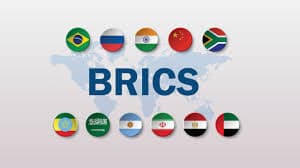
BRICS
BRICS is an association of five major emerging economies: Brazil, Russia, India, China, and South Africa. The organization aims to promote economic cooperation, development, and multilateralism among member states. BRICS addresses global economic governance, sustainable development, and international security issues. The group works to reform international financial institutions and create alternative mechanisms for development finance and cooperation.
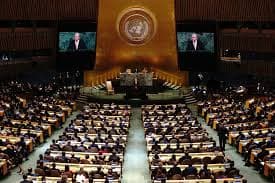
Pakistan National Assembly
The Pakistan National Assembly (PNA) committee simulates the legislative and political challenges within Pakistan. Delegates will debate national policies, governance, lawmaking, and address pressing social, economic, and security issues facing the country. The committee focuses on parliamentary procedures, coalition politics, and the pursuit of effective governance and national development.
ECOSOC and Subsidiaries
The Economic and Social Council (ECOSOC) is a principal organ of the United Nations responsible for promoting international economic and social cooperation and development. Through its subsidiary bodies ECOSOC addresses a wide spectrum of global challenges, from sustainable development and gender equality to economic growth and trade, facilitating coordinated action and policy guidance.
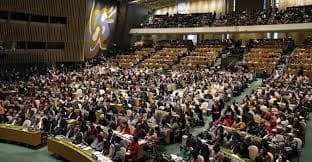
United Nations Commission on the Status of Women
UNCSW is dedicated to promoting gender equality and the empowerment of women globally. It reviews progress on gender-related issues, formulates policies, and provides recommendations for improving the status of women. The Commission works closely with Member States, NGOs, and UN bodies to combat gender discrimination and violence. Its mandate includes monitoring the implementation of international commitments to gender equality.
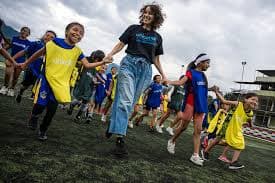
United Nations Children's Fund
UNICEF works in over 190 countries and territories to save children's lives, defend their rights, and help them fulfill their potential. The organization focuses on child survival, development, protection, and participation. UNICEF provides humanitarian and development assistance to children and mothers in developing countries, addressing issues such as health, nutrition, education, water and sanitation, and child protection.
Crisis
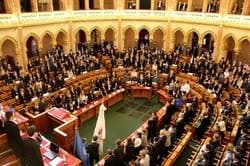
International Crisis Ad Hoc Committee (ICAC)
The International Crisis Ad Hoc Committee (ICAC) addresses unforeseen international or regional emergencies requiring immediate and coordinated action. The committee evolves through crisis updates that introduce new developments, driving dynamic debate and rapid decision-making. Delegates engage in strategic collaboration and swift problem-solving to navigate and resolve the unfolding crisis.
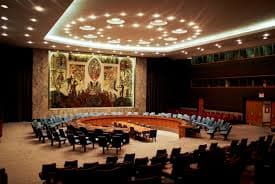
Historical Crisis Committee (HCC)
The Historical Crisis Committee recreates pivotal moments in history, presenting unfolding scenarios that require analysis and strategic intervention. Through evolving crisis updates, the committee explores how decisions of historical figures shaped events, encouraging a reexamination of historical outcomes and the complexities of diplomacy, conflict, and governance in critical moments of the past.

Treaty of Versailles
The Treaty of Versailles crisis committee revisits the historic peace conference that ended World War I. Delegates will represent the Allied and Central Powers, negotiating the terms that would reshape Europe and the world. The committee explores the complex dynamics of post-war diplomacy, reparations, territorial changes, and the establishment of the League of Nations, examining how these decisions shaped the course of 20th-century history.